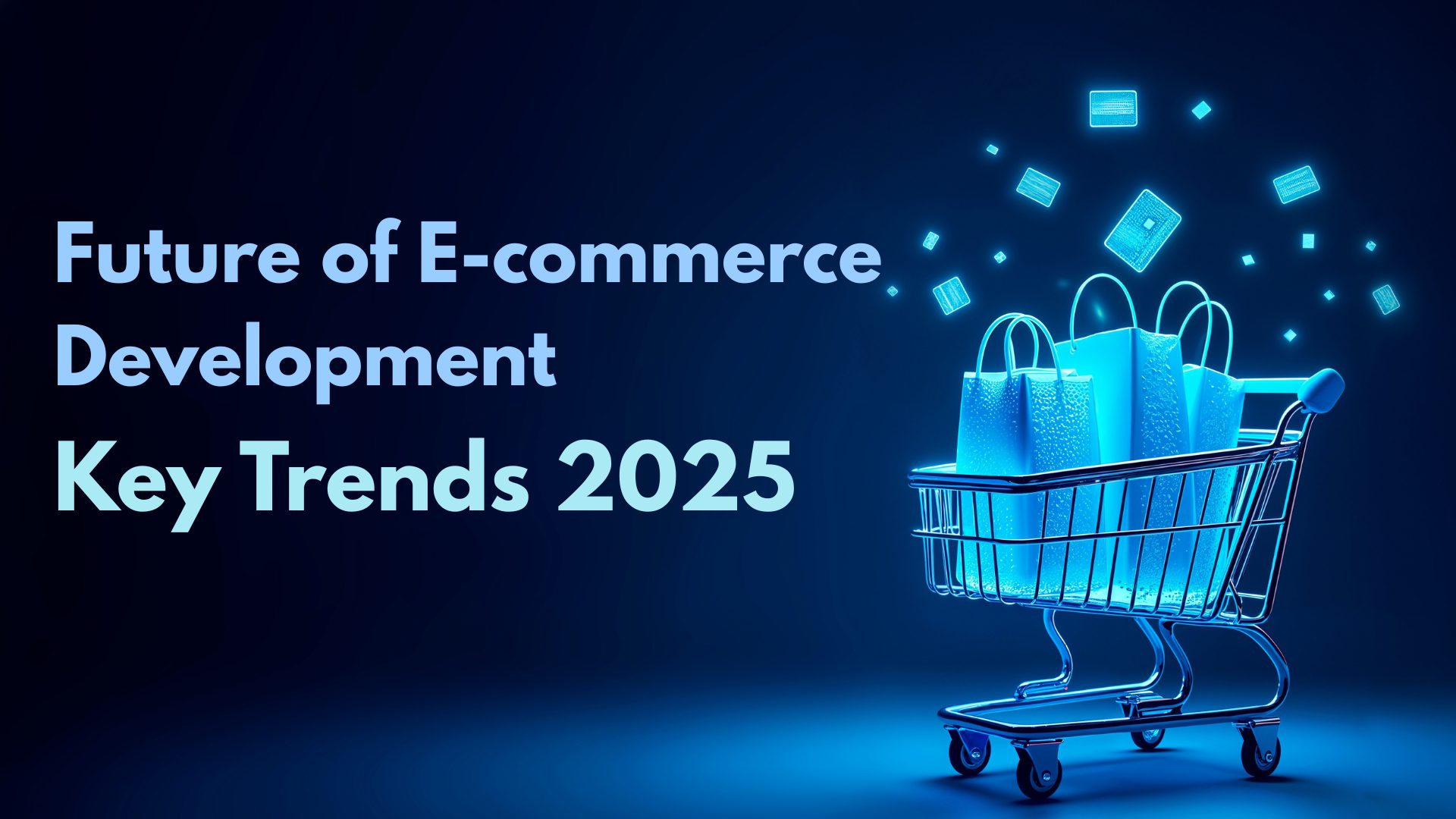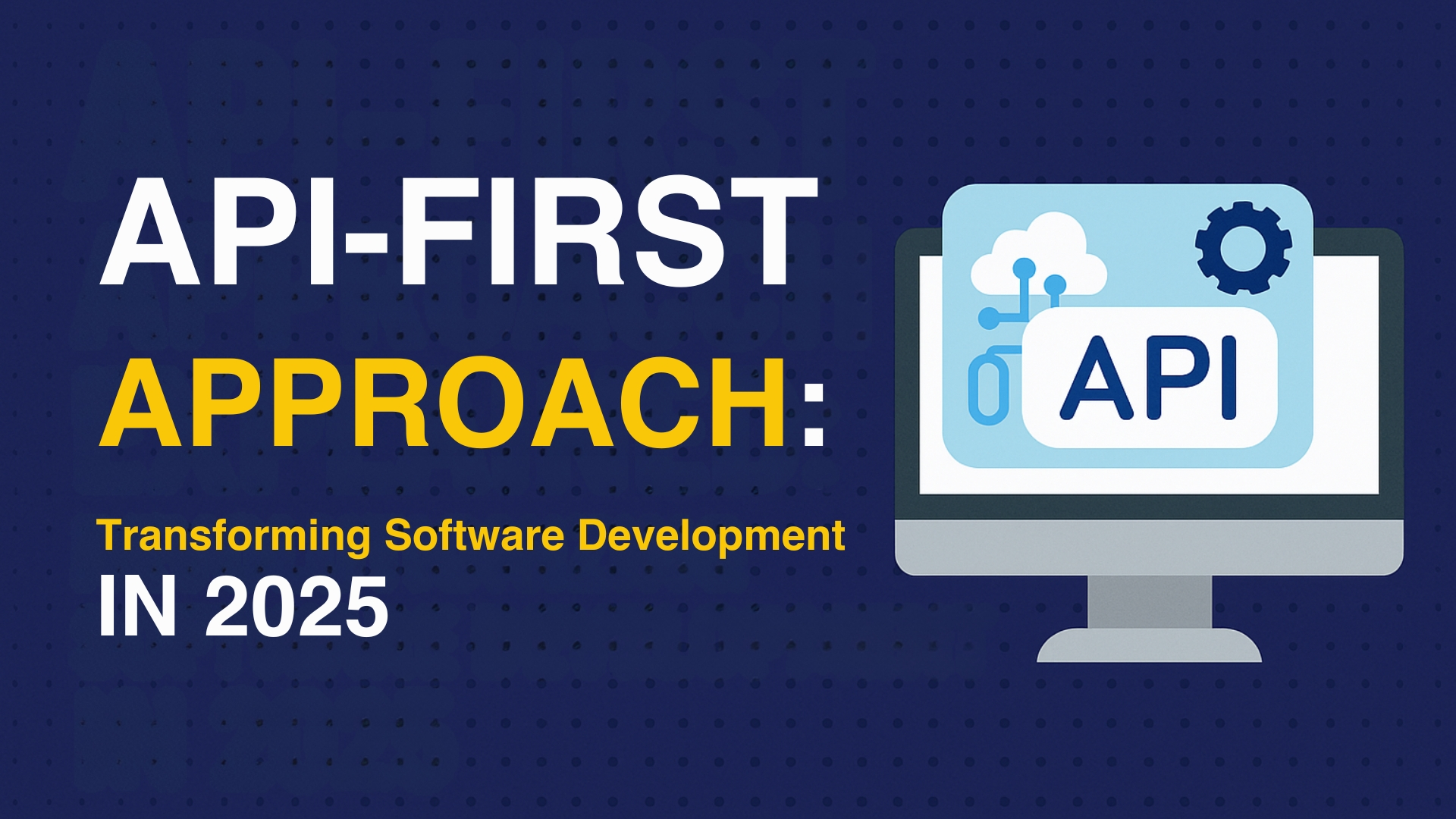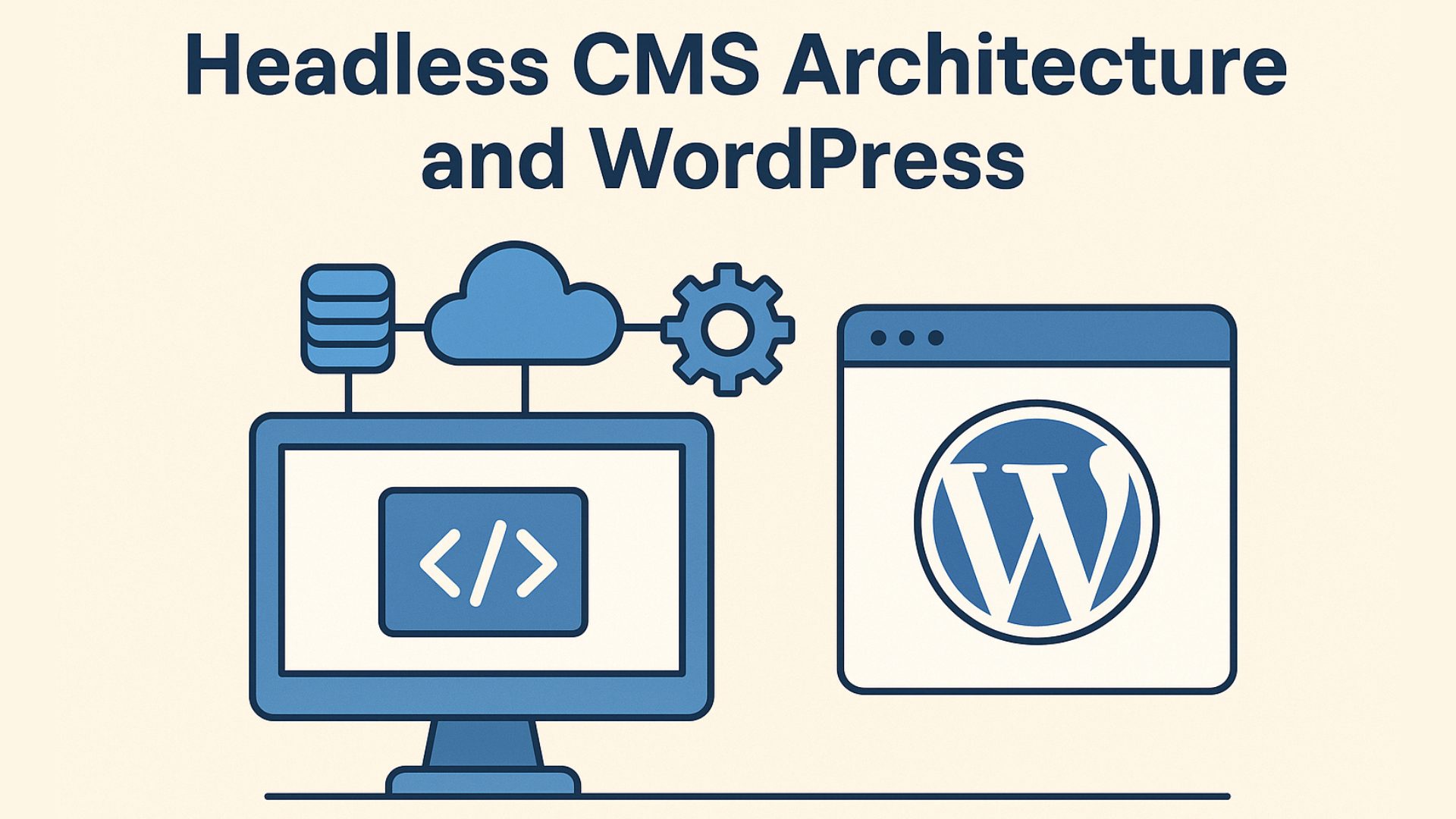The future of e-commerce development is rapidly evolving as we approach 2025. Businesses must understand ecommerce trends, latest trends in the commerce industry, and key shifts that will shape the digital retail evolution. From personalization to advanced technologies, retail technology advancements are essential for businesses seeking to thrive.
Understanding online marketplace trends and ecommerce trending innovations ensures companies stay competitive. Let’s explore the ecommerce industry trends that define the future development of e commerce and the online shopping future.
How Will E-commerce Growth Shape 2025?
E-commerce growth shows no signs of slowing. Data indicates that the sector will expand at an unprecedented pace. This growth is driven by several factors transforming the online shopping future:
- Retail technology advancements improve operational efficiency and customer experience.
- AI-powered analytics and enhanced algorithms enable smarter decision-making.
- Businesses focusing on ecommerce industry trends are better prepared for evolving consumer expectations.
Key areas to prioritize for sustained growth include:
- Personalized consumer experiences
- Cross-border e-commerce expansion
- Advanced logistics solutions
By investing in these areas, companies can align with ecommerce trends 2025, ensuring readiness for upcoming shifts in the digital retail evolution.
Why Personalization and Customer Experience Are Non-Negotiable
Personalization is now the foundation of successful online retail. By 2025, it will become even more sophisticated, leveraging AI and machine learning to customize every interaction.
Consumers expect brands to anticipate their needs and preferences seamlessly. Businesses that prioritize personalized touchpoints gain a distinct competitive advantage.
To enhance customer satisfaction, implement strategies like:
- Data-driven personalization
- Dynamic content recommendations
- User-friendly interface optimization
Providing a personalized experience is no longer optional. Shoppers gravitate toward brands that understand their unique desires, making this a critical aspect of the future of e-commerce development.
How AI, Machine Learning, and Automation Transform Online Retail
The integration of AI and machine learning is reshaping ecommerce trends across all aspects of online retail. Automation streamlines operations, from inventory management to customer support, improving accuracy and efficiency.
Key applications include:
- Advanced chatbots for instant customer interaction
- Automated pricing adjustments
- Predictive analytics for demand forecasting
These tools make operations smarter and more responsive. As technology advances, digital retail evolution will increasingly rely on these innovations to drive growth.
How AR and VR Are Making Shopping Immersive
Online purchasing is being revolutionized by augmented reality (AR) and virtual reality (VR). By 2025, these technologies will be commonplace, offering immersive ways to visualize and interact with products before purchase.
Applications include:
- Virtual try-ons for clothing and accessories
- Product visualization in home environments
- Interactive showrooms for personalized experiences
AR and VR help consumers make informed decisions, enhancing satisfaction while transforming online marketplace trends.
How 5G and Mobile Commerce Are Shaping the Future
Mobile commerce is booming, and the rollout of 5G technology accelerates this trend. Faster connections mean smoother experiences, supporting high-quality video demos and interactive content.
Benefits of 5G on mobile shopping include:
- Faster website and app load times
- Enhanced mobile app functionality
- Real-time communication with customers
As a result, businesses must prioritize mobile strategies to remain competitive in ecommerce trending markets.
Social Commerce and Influencer Marketing: The New Drivers
Social commerce is turning social media into direct sales channels. Consumers now browse and buy without leaving platforms, while influencer marketing amplifies reach and credibility.
Key strategies for success:
- Seamless purchase options within social platforms
- Genuine engagement with target audiences
- Leveraging user-generated content to build trust
This combination of ecommerce industry trends and social influence opens new avenues for conversions and brand expansion.
Omnichannel Retail and Experiential Shopping
Modern consumers expect seamless transitions between online and offline experiences. Omnichannel strategies combined with experiential retail make shopping memorable, boosting engagement and loyalty.
Effective tactics include:
- Unified customer profiles across channels
- Innovative pop-up stores and showrooms
- Interactive digital and physical experiences
Integrating these strategies ensures a cohesive digital retail evolution and strengthens long-term customer relationships.
How Security, Privacy, and Blockchain Are Evolving
With e-commerce growth, security and privacy are paramount. Blockchain technology offers transparent, secure transactions, minimizing fraud and building trust.
Key advancements include:
- Blockchain-enabled secure payments
- Data encryption and advanced cybersecurity
- Compliance with privacy regulations
These measures help businesses safeguard customer data while supporting a trustworthy online shopping future.
Sustainability and Ethical Consumerism Trends
By 2025, sustainability will significantly influence ecommerce trends. Eco-conscious consumers favor brands adopting ethical sourcing and environmentally friendly practices.
Businesses can implement sustainability through:
- Reducing packaging waste
- Offering eco-friendly product lines
- Implementing green shipping options
Sustainability not only attracts consumers but also supports broader environmental goals, shaping the future development of e commerce.
Subscription Models and Niche Marketplaces: What’s Next
Subscription models are gaining traction, offering convenience and personalized options that enhance retention. Niche marketplaces cater to specific interests, providing curated experiences for specialized audiences.
Popular applications include:
- Customized product subscriptions
- Specialty marketplaces for unique hobbies and needs
These trends create diverse online marketplace trends, boosting consumer loyalty and satisfaction.
Future-Proofing Your E-commerce Business: Takeaways for 2025
To thrive in the fast-evolving ecommerce trends 2025, businesses must:
- Invest in cutting-edge technology
- Prioritize sustainability and ethics
- Enhance personalization efforts
Aligning with latest trends in the commerce industry ensures a strong competitive edge and prepares companies for the digital retail evolution ahead.
FAQ’s
What are the top e-commerce trends for 2025?
Key trends include personalization, AI-driven automation, AR/VR shopping experiences, mobile commerce with 5G, social commerce, omnichannel retail, sustainability, and niche marketplaces.
How is AI shaping the future of e-commerce development?
AI enables personalized recommendations, predictive analytics, automated pricing, and improved customer support, making online retail more efficient and engaging.
Why is sustainability important in e-commerce?
Consumers increasingly prefer eco-friendly brands. Sustainable practices reduce environmental impact and build brand trust.
How do AR and VR improve online shopping experiences?
AR and VR allow virtual try-ons, product visualization in real settings, and interactive showrooms, helping customers make informed purchasing decisions.






